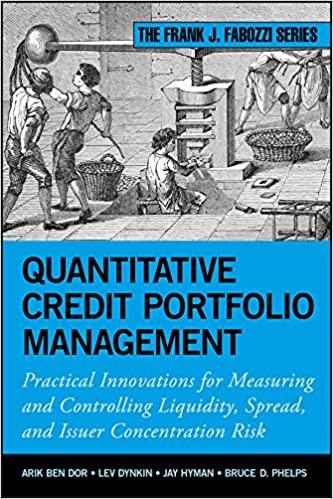Question
Anson Hughes, President & CEO of Big Business Inc. graduating in the top five percent of his Harvard Business School class in 1979, he was
Anson Hughes, President & CEO of Big Business Inc. graduating in the top five percent of his Harvard Business School class in 1979, he was the smartest person in the executive suite. Hughes was known for being a powerful and charismatic leader who radiated so much charisma that he induced blind obedience in his followers. He could wield power ruthlessly and intimidated subordinates. He had a clear vision for the organization and was skilled in communicating it to all of the corporation's stakeholders. But his charisma is a quality that had some dark side traits of leadership. These traits were counterproductive behavioural inclinations that impeded his ability to form cohesive teams.3 Hughes believed that money and fear were the main motivators for people. He adapted a system known as "80-20" through which the best performing employees get rewarded lavishly and the bottom 20% gets fired. This fostered a culture of number crunching and high pressures to meet sales goals which inevitably impacted the employees' ethical decision making. He demonstrated an apparent lack of concern for his subordinates' wellbeing and was driven primarily by results which negatively impacted the organizational climate. Hughes was driven by self- centered careerism at the expense of his subordinates and unit, and was abusive and dictatorial. Hughes exercised control over almost all facets of the organization: One critical aspect was the importance he placed on rewards and status and to enrich himself and the other executives, not to enhance profits or increase shareholder. Hughes valued and hired only the best and brightest, newly minted MBAs from the top business schools in the country. Those who did not produce deals were quickly redeployed and soon after, often, terminated, the reason he was known internally as the "MBA Monster." Question: According to the required reading, Leadership: Theory, Application, & Skill Development (6th Edition) [eText version] by Lussier, R. and Achua, C. (2015), there are many personality classification methods. However, the Big Five Model of Personality traits is the most widely accepted way to classify personalities because of its strong research support and its reliability across age, sex, race, and language groups. Using each of the Big Five Model of Personality traits as noted in the required reading, Leadership: Theory, Application, & Skill Development (6th Edition) [eText version] by Lussier, R. and Achua, C. (2015), describe Anson Hughes' traits and personality. Also, support your discussion by providing evidence from the case study. (5 marks)
Step by Step Solution
There are 3 Steps involved in it
Step: 1

Get Instant Access to Expert-Tailored Solutions
See step-by-step solutions with expert insights and AI powered tools for academic success
Step: 2

Step: 3

Ace Your Homework with AI
Get the answers you need in no time with our AI-driven, step-by-step assistance
Get Started


